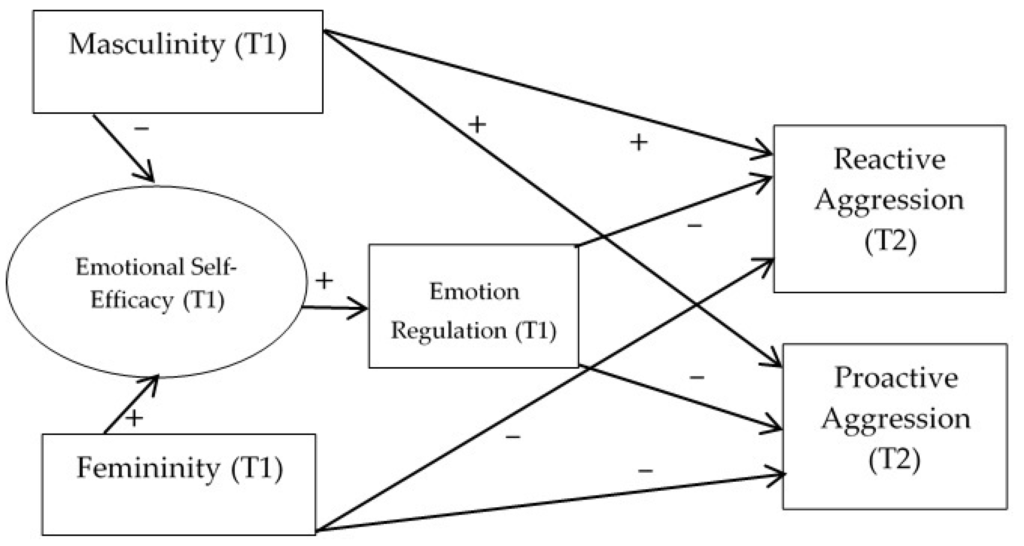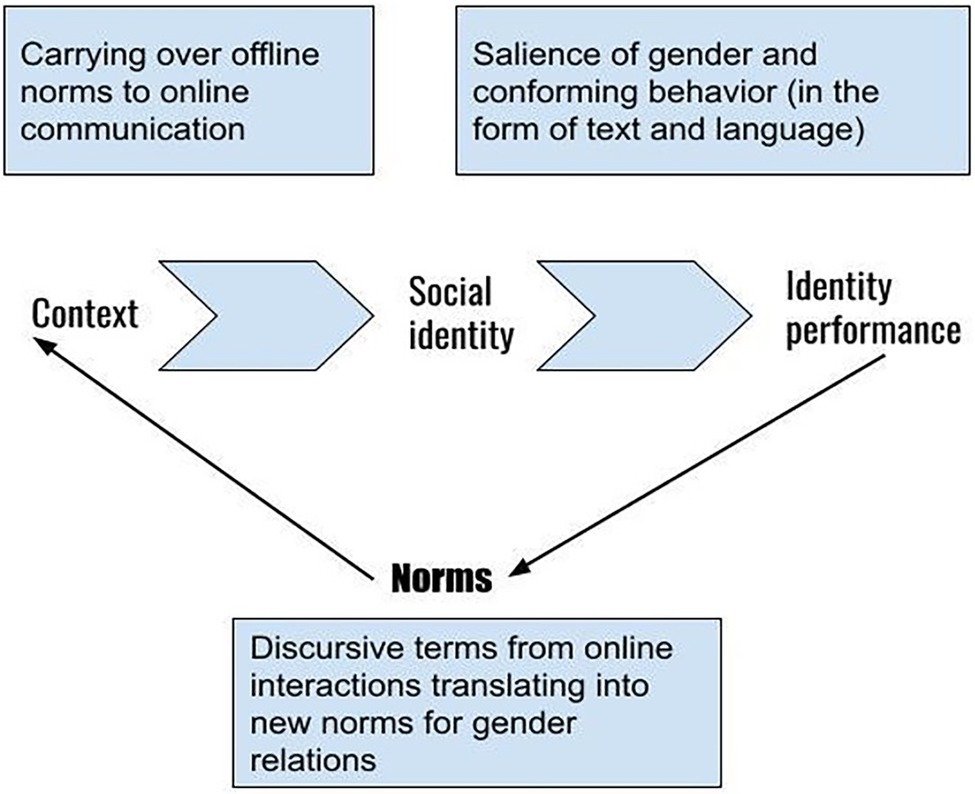The Impact of Media on Masculine Identity and Behavior
Media’s Influence on Masculine Identity
Media plays a significant role in shaping masculine identity. It portrays and reinforces various ideals of masculinity, influencing how men perceive themselves and their roles in society. From movies and television shows to advertising and social media, the images and messages broadcasted can strongly affect masculine norms and expectations. These portrayals often emphasize attributes such as strength, stoicism, and dominance, shaping how men view and express their masculinity.

Traditional Media Portrayals
Traditional media, including films and television, has long portrayed masculinity through specific archetypes. These include the rugged hero, the stoic leader, and the aggressive competitor. Such representations reinforce the idea that true masculinity involves physical prowess and emotional restraint. Men are often depicted as protectors and providers, roles that align with traditional views of strength and dominance. These portrayals contribute to the societal expectations of what it means to be a man.
Advertising and Masculine Norms
Advertising also plays a crucial role in shaping masculine identity. Ads often depict men as successful, powerful, and emotionally controlled. This messaging reinforces the notion that masculinity is linked to material success and physical appearance. Products are marketed with the promise of enhancing one’s masculinity, further entrenching these ideals. The constant exposure to these images can affect men’s self-perception and behavior, pushing them to conform to unrealistic standards.
The Role of Social Media
Social media has introduced new dynamics into the portrayal of masculinity. Platforms like Instagram, Twitter, and TikTok offer a space for men to present curated versions of their lives. Influencers and celebrities often showcase idealized masculine traits, such as physical fitness, wealth, and confidence. While social media can provide diverse representations of masculinity, it can also perpetuate unrealistic standards and foster comparison. The pressure to align with these ideals can impact men’s self-esteem and behavior.
Changing Media Landscapes
In recent years, there has been a push for more diverse and nuanced representations of masculinity in media. Shows and films are increasingly portraying men with a broader range of emotional experiences and vulnerabilities. This shift reflects a growing recognition of the importance of emotional intelligence and relational skills in masculine identity. Media outlets are beginning to challenge traditional stereotypes, offering more complex and realistic portrayals of what it means to be a man.
The Impact on Behavior
Media representations can significantly impact men’s behavior. Exposure to idealized masculine images can lead to pressure to conform to these standards, affecting self-esteem and mental health. Men may feel compelled to adopt certain behaviors or attitudes to fit societal expectations. Conversely, positive and diverse portrayals of masculinity can encourage men to embrace a wider range of behaviors and identities, fostering a more inclusive understanding of masculinity.
Promoting Positive Change
Encouraging positive media representations of masculinity is crucial for fostering healthy masculine identities. Media creators and consumers can advocate for and support content that challenges traditional stereotypes and highlights diverse experiences. By promoting media that depicts men in varied and authentic ways, society can contribute to a more balanced and inclusive understanding of masculinity.
Conclusion
The media has a profound impact on masculine identity and behavior. Traditional portrayals reinforce specific masculine ideals, while social media introduces new dynamics and pressures. However, recent shifts toward more diverse and realistic representations offer hope for a broader understanding of masculinity. By advocating for positive change in media portrayals, we can help shape a healthier and more inclusive concept of what it means to be a man.



